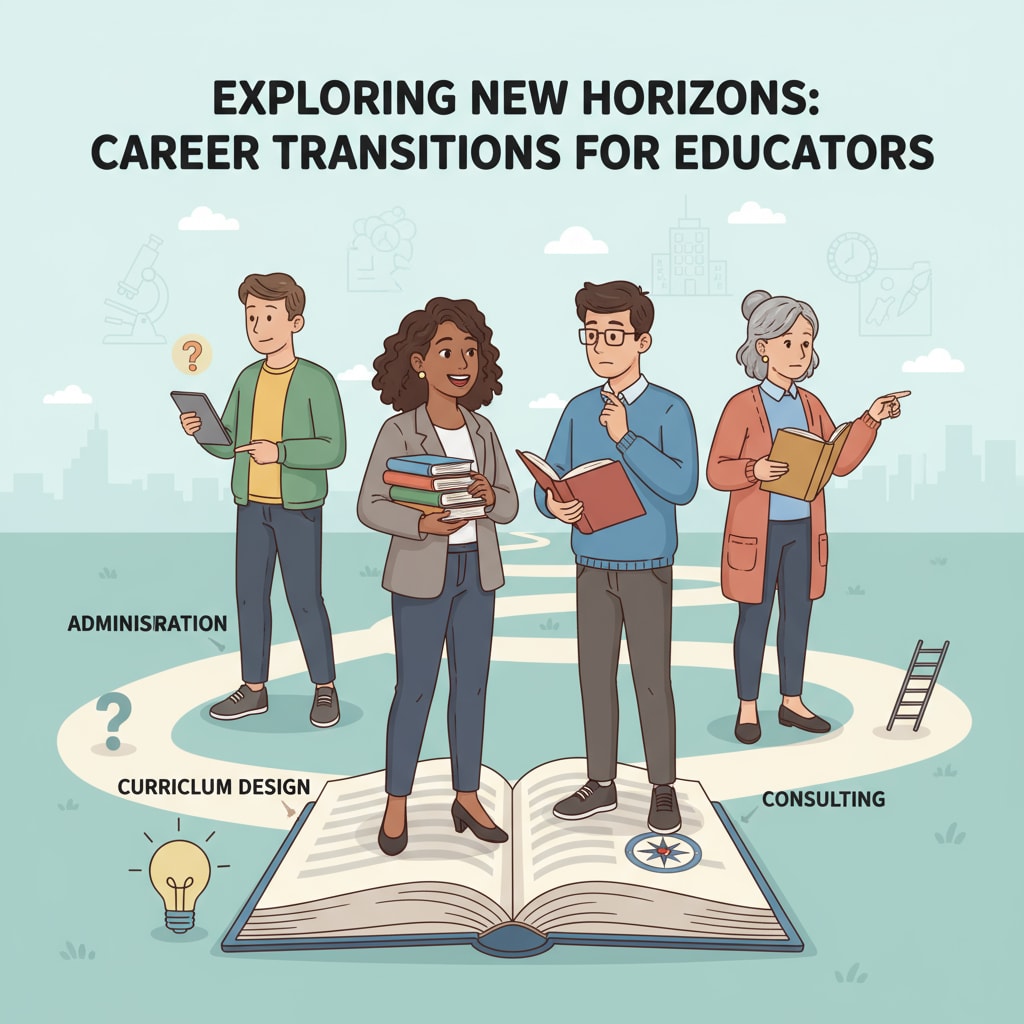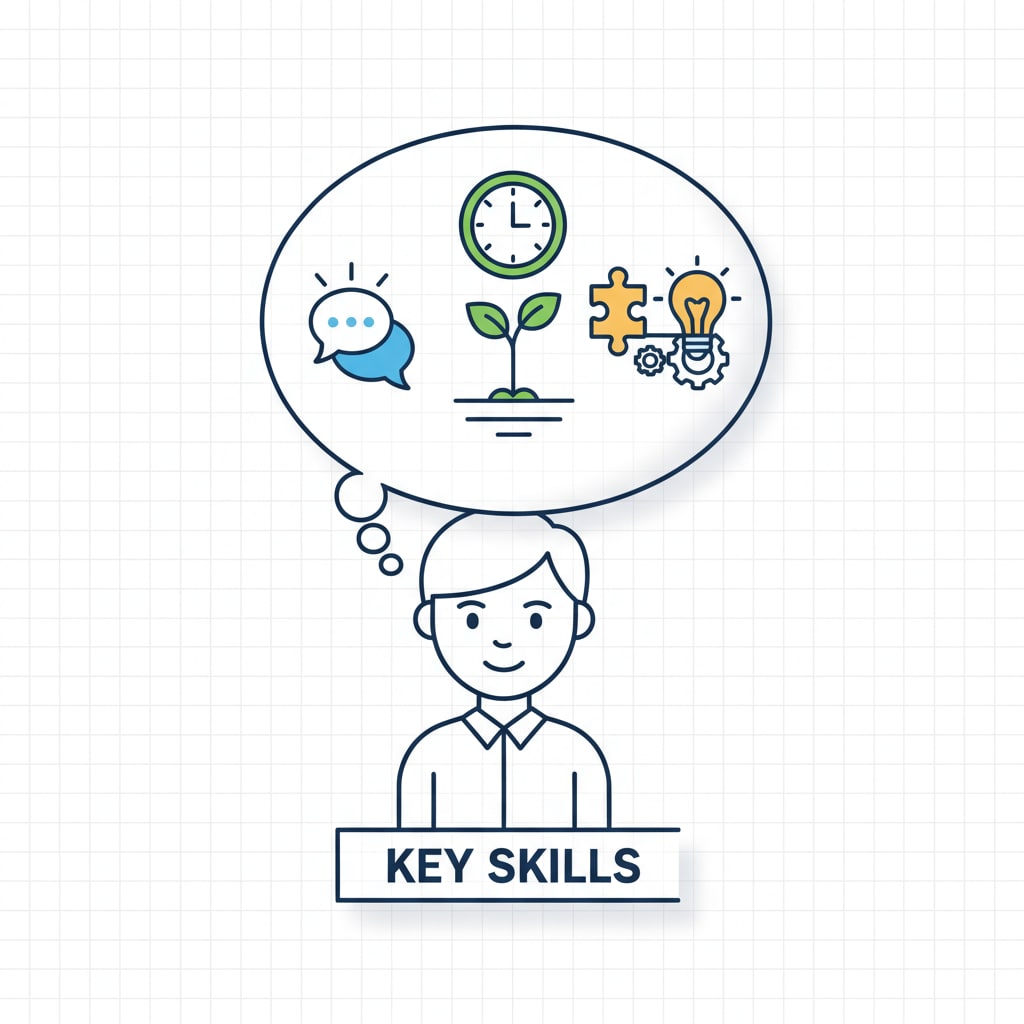Career transitions can be both exciting and challenging, especially for those with a Master of Education degree and special education experience. These individuals possess a unique skill set that can open doors to a variety of rewarding career paths beyond the traditional classroom setting.

The Unique Skill Set from Education Background
Individuals with a background in special education and a master’s degree in education have developed a range of valuable skills. Firstly, their strong communication skills enable them to interact effectively with students, parents, and colleagues. They are trained to convey complex information in an understandable way. Secondly, patience and empathy are ingrained in them. Working with special needs students requires a great deal of patience and the ability to understand and share their feelings. In addition, problem-solving skills are highly honed. They are constantly faced with unique challenges in the classroom and have learned to find creative solutions. According to APA’s Guide to Careers in Education, these skills are transferable to many other fields.

High-Potential Career Transition Directions
There are several promising career paths for those looking to transition. One option is educational consulting. Professionals can offer advice on curriculum development, special education policies, and inclusive teaching practices. Another direction is educational technology. With the increasing use of technology in education, they can contribute by developing educational apps, online courses, or providing training on educational software. Additionally, working in non-profit organizations focused on education can be fulfilling. They can advocate for better educational opportunities for special needs students, manage projects, or raise funds. According to Indeed’s Career Changes for Teachers, these fields are growing and in need of professionals with educational backgrounds.
Readability guidance: Each section here presents a different career transition direction, highlighting the key points simply. The use of short sentences and common words makes it easier to understand. Transition words like ‘another’ and ‘additionally’ help to connect ideas smoothly.


